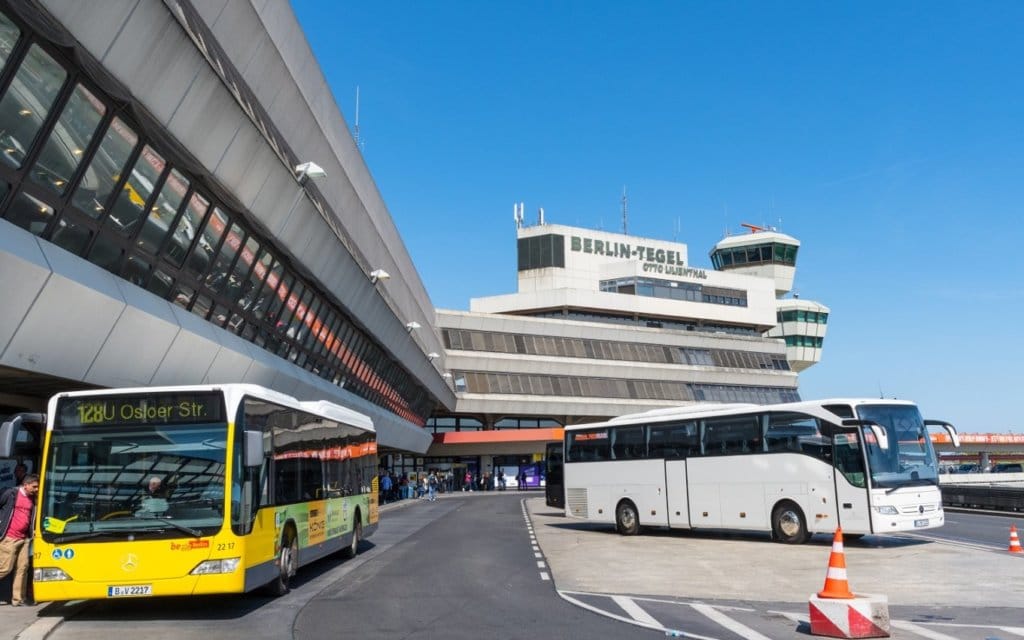In a bid to overcome the chronic shortage of skilled labor in the country, the German Cabinet is looking at a proposal to ease immigration and work permit process for skilled workers coming from outside the European Union.
The German Interior, Labour and Economy ministries have agreed to recruit more foreign skilled labor to the country, Reuters reported on the basis of a paper it went through.
If the recommendations mentioned in paper get the Cabinet’s approval, non-EU foreigner graduates and workers with vocational training will be allowed to come to Germany and look for a job within a certain period of time provided they fulfil the qualification and language related criteria.
During the period of job search, immigrants will not be entitled to social welfare benefits. However, they will be allowed to take up jobs, for which they are overqualified, to get some money, according to the report.
The paper proposes that the government will no longer insist that the companies prefer German citizens before looking at non-EU foreigners to fill vacancies. The other measures suggested in the paper are speeding up the qualification recognition procedures in Germany and a possible advertising campaign in selected countries, the news agency said.
Citizens of the European Union are allowed to move freely in the bloc for labor purposes but that is not the case for workers from other nations. The new proposal may carry a positive chance for immigrant workers but its approval may turn into a sensitive issue due to the prevalence of anti-immigration sentiments in the country, where the far-right Alternative for Germany (AfD) party has managed to gather public support on the basis of its hardline policy on the issue.
Germany is facing a shortage of skilled labor and young workers who would be ready to take up on-the-job training for almost three and a half years. This shortage is causing a huge gap between the demand and supply of workforce in the country. The Federal Labour Office reported a record 1.2 million vacant positions in Germany, the report added.
Germany wanted to fill the gap in the workforce with the help of over a million refugees who arrived in 2015, but was unable to do so as most of them did not possess good German-language skills or were unable to prove the required qualifications.
Germany already has a “blue card” system that makes the hiring of foreign academics and professionals easier for companies. The EU blue card enables third-country nationals who are university graduates or who have a comparable qualification to receive a residence title for the purpose of employment suiting their qualification. It is a residence permit which, when issued for the first time, is valid for a maximum of four years.
The number of qualified Indian professionals in Germany is witnessing a rise. There were 169,602 Indians in Germany in 2017, the Ministry of External Affairs told the Lok Sabha last year.
In the first half of 2016, the top five nationalities that received the EU blue cards were India with 22.1 percent, followed by China (8.7 percent), the Russian Federation (7.9 percent), Ukraine (5.3 percent) and Syria (4.7 percent), according to the German Federal Office for Migration and Refugees (BAMF).
